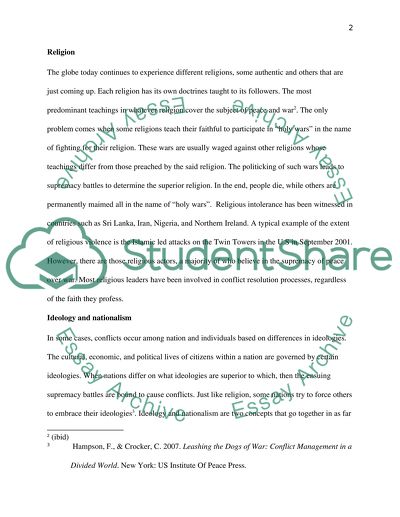Cite this document
(“Fostering Peace Through International Institutions Essay”, n.d.)
Fostering Peace Through International Institutions Essay. Retrieved from https://studentshare.org/sociology/1454613-what-kind-of-international-institutions-we-need-in
Fostering Peace Through International Institutions Essay. Retrieved from https://studentshare.org/sociology/1454613-what-kind-of-international-institutions-we-need-in
(Fostering Peace Through International Institutions Essay)
Fostering Peace Through International Institutions Essay. https://studentshare.org/sociology/1454613-what-kind-of-international-institutions-we-need-in.
Fostering Peace Through International Institutions Essay. https://studentshare.org/sociology/1454613-what-kind-of-international-institutions-we-need-in.
“Fostering Peace Through International Institutions Essay”, n.d. https://studentshare.org/sociology/1454613-what-kind-of-international-institutions-we-need-in.


